A string of length L is stretched along the x-axis and is rigidly clamped at its two ends. It undergoes transverse vibration. If n an integer, which of the following relations may represent the shape of the string at any time :-
The correct Answer is:A, B
Step by step video, text & image solution for A string of length L is stretched along the x-axis and is rigidly clamped at its two ends. It undergoes transverse vibration. If n an integer, which of the following relations may represent the shape of the string at any time :- by Physics experts to help you in doubts & scoring excellent marks in Class 12 exams.
Updated on:21/07/2023Topper's Solved these Questions
- WAVES-IBOOK - RESNICK AND HALLIDAYCHAPTER - WAVES-IEXERCISE - Practice Questions (Linked Comprehension)
8 Videos
- WAVES-IBOOK - RESNICK AND HALLIDAYCHAPTER - WAVES-IEXERCISE - Practice Questions (Matrix -Match)
7 Videos
- WAVES-IBOOK - RESNICK AND HALLIDAYCHAPTER - WAVES-IEXERCISE - Practice Questions (Single Correct Choice Type)
33 Videos
- WAVE - IIBOOK - RESNICK AND HALLIDAYCHAPTER - WAVE - IIEXERCISE - PRACTICE QUESTIONS (INTEGER TYPE)
5 Videos
- WORK, POWER, AND ENERGYBOOK - RESNICK AND HALLIDAYCHAPTER - WORK, POWER, AND ENERGYEXERCISE - PRACTICE QUESTIONS (Integer Type)
5 Videos
Similar Questions
A string of length 1m stretched at both ends vibrating with frequency 300Hz which is 3 times the fundamental frequency
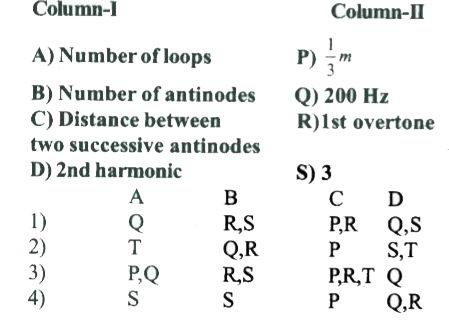
View SolutionA string of length 2x is stretched by 0.1 x and the velocity of a transverse wave along it is v. When it is stretched by 0.4x , the velocity of the wave is
View Solution
Knowledge Check
A string of length 1 is stretched along the x-axis and is rigidly clamped at x=0 and x=1. Transverse vibrations are produced in the string. For nth harmonic which of the following relations may represents the shape of the string at any time
(a) y=2Acosωtcos(nπxl)
(b) y=2Asinωtcos(nπxl)
(c)y=2Acosωtsin(nπxl)
(d) y=2Asinωtsin(nπxl)Ac onlyBc and d onlyCa onlyDa,b,c and dA pendulum is made by attaching a ball at the end of a string (the other end of the string is attached to the ceiling). The ball is released from rest at the position shown at some angle ϕ. Which of the following vectors may represent the impulse delivered by the string to the ball from the time it is released unitl the ball is at the bottom of the swing when string becomes vertical
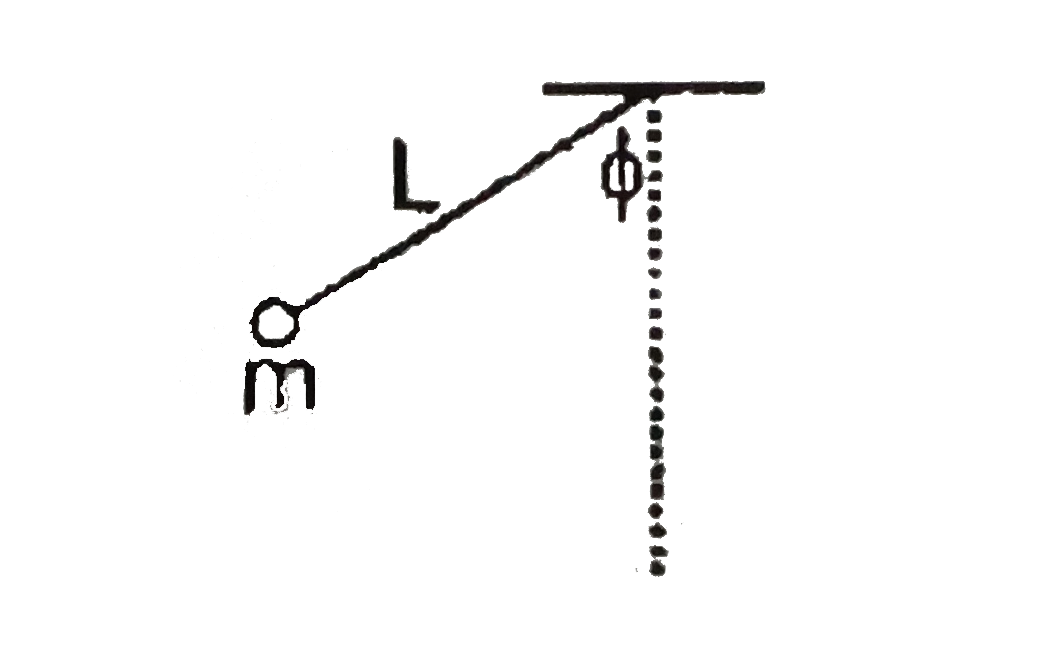 A
A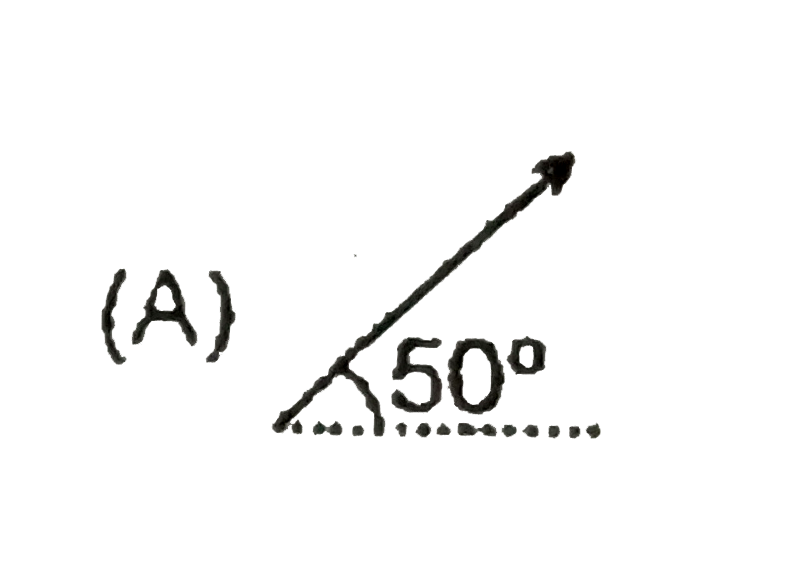 B
B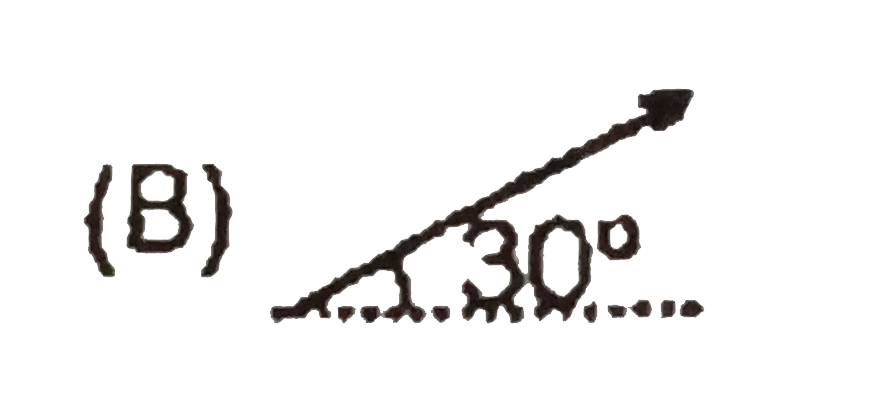 C
C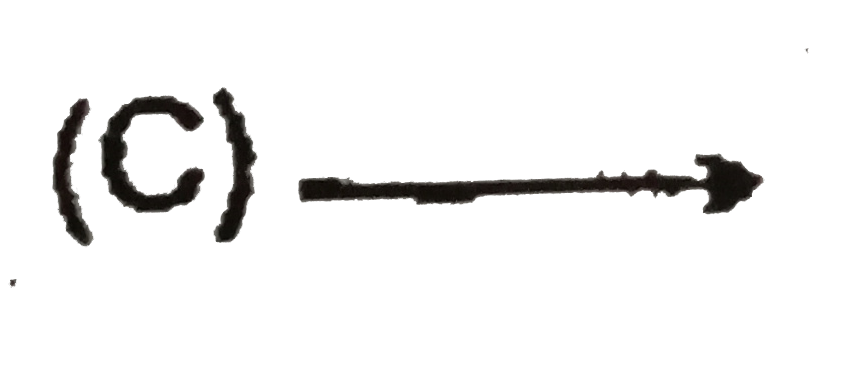 D
D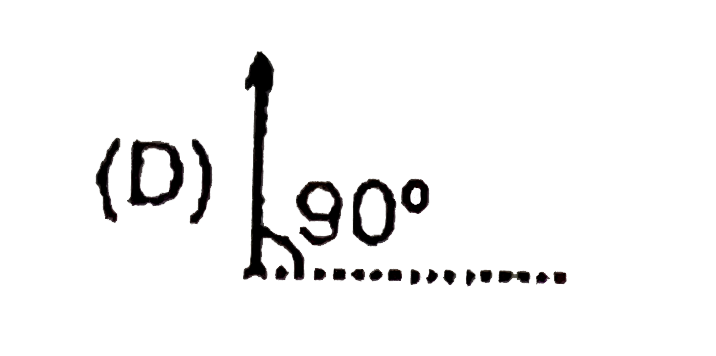
A string is stretched within two rigid ends. It is vibrated in a node of first overtone. Which of the following is formed at a middle point of a string ?
AAntinodeBNodeCEither node or antinodeDNeither node nor antinode
A string is rigidly tied at two ends and its equation of vibration is given by y=cos2πx. Then minimum length of string is
View SolutionA string of length 2L, obeying Hooke's Law, is stretched so that its extension is L. The speed of the tranverse wave travelling on the string is v. if the string is futher stretched so that the extension in the string becomes 4L. The speed of transverse wave travelling on the string will be
View SolutionOne end of a taut string of length 3m along the x-axis is fixed at x=0. The speed of the waves in the string is 100ms−1. The other end of the string is vibrating in the y-direction so that stationary waves are set up in the string. The possible wavelength(s) of these sationary waves is (are)
View SolutionA string of length L fixed at both ends vibrates in its first overtone. Then the wavelength will be
View SolutionA string of length 0.4 m and mass 10−2 kg is clamped at its ends. The tension in the string is 1.6 N. When a pulse travels along the string the shape of the string is found to be the same at times t and t+△t. The value △t is
View Solution
